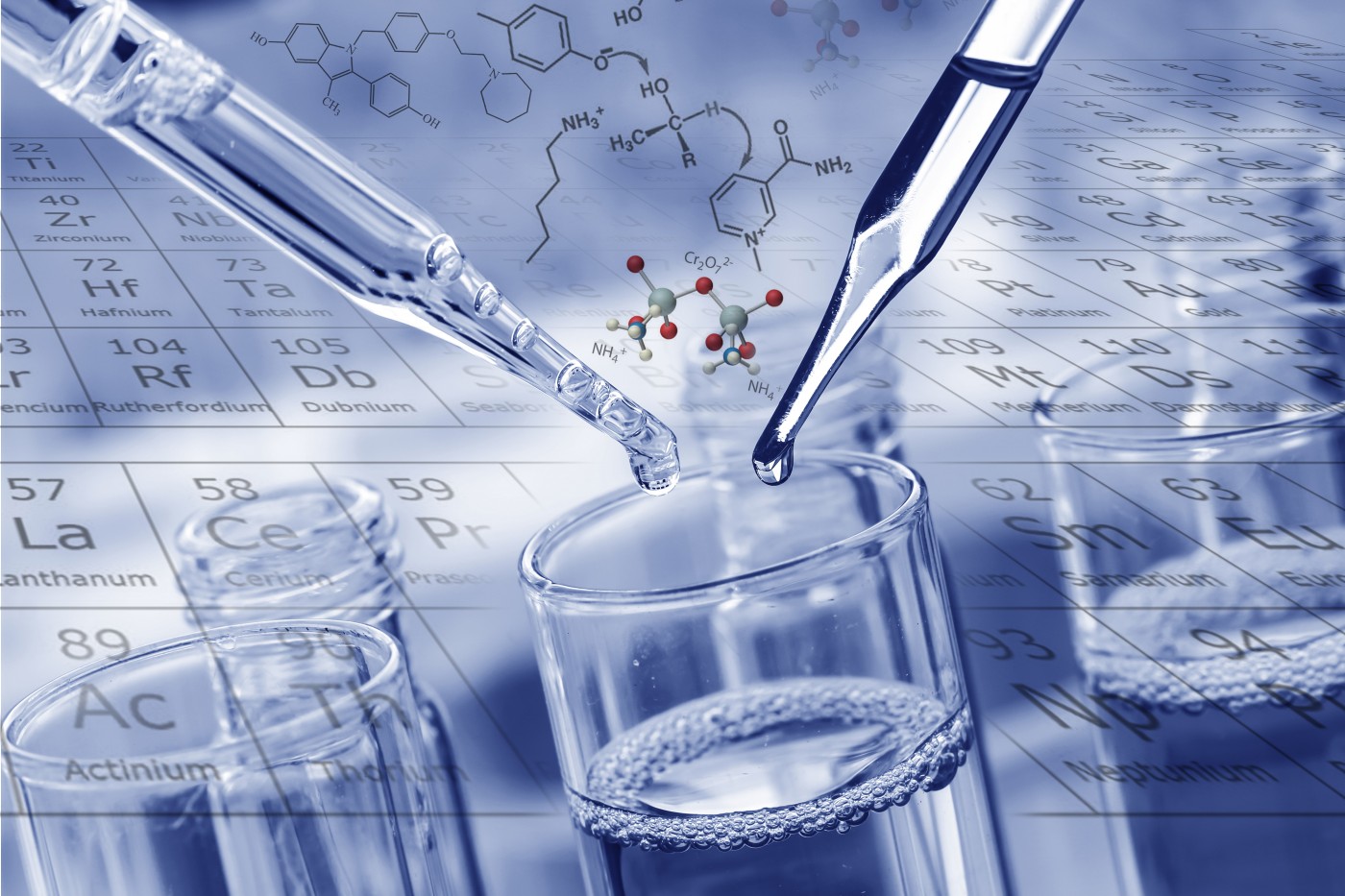R-Pharm Group To Launch Glatirat, an Analogue of Copaxone for MS Treatment
Written by |

The Russian Ministry of Health recently granted Marketing Authorization (ЛП-003567) to R-Pharm JSC for the development of “Glatirat” (Glatiramer acetate), a drug intended for the treatment of patients with relapsing-remitting multiple sclerosis (RRMS) and clinically isolated syndrome. According to a press release, the registration of “Glatirat” was based on a collaboration between R-Pharm and the generics developer company Synthon. Glatirat is an injectable equivalent of Copaxone.
Copaxone (Teva Pharmaceuticals) is an immunomodulator drug currently used to treat multiple sclerosis (MS) and RRMS. It is a random polymer of four amino acids found in myelin basic protein, namely glutamic acid, lysine, alanine, and tyrosine, and may work as a decoy for the immune system. Glatiramer acetate reduces the frequency of relapses.
Glatirat is equivalent to Copaxone in all key parameters: it has the same efficacy and safety, strength and administration route, as well as the same physical and chemical properties, potency (biological activity) and quantitative and qualitative composition.
The research program for “Glatirat” was the broad-scaleest in the world among programs for the development of glatiramer acetate analogues. A Phase 1 study was conducted in healthy volunteers, and a Phase 3 study was conducted in patients with MS. Worldwide, approximately 800 people have received Glatirat injections.
The large-scale, multicenter Phase 3 clinical trial, called GATE (Glatiramer Acetate clinical Trial to assess Equivalence to Copaxone®) was the only Phase 3 study conducted with a generic version of Copaxone®. Results from the study, which included 188 Russian patients treated for 24 months in 23 leading centers of the Russian Federation, demonstrated an equivalent efficacy and safety profile for glatiramer acetate compared to Copaxone®.
The double-blind part of GATE showed the therapeutic equivalence between Glatirat and Copaxone. Efficacy analysis performed during the study showed that Glatirat was similar to Copaxone in all key parameters. In terms of safety profile, Glatirat was found to be comparable to Copaxone in terms of adverse events and tolerance. The open part of GATE assessed the long-term safety and efficacy of Glatirat. The results showed that the efficacy and safety of the therapy does not change when patients are switched from Copaxone to Glatirat.
Results from this study were presented in 2014 and 2015 at the ECTRIMS congress, and published in 2015 in the journal JAMA Neurology. In April 2016, Glatirat was approved in 28 European Union countries.
The drug will be manufactured at the State-of-the-art Manufacturing Site of R-Pharm JSC in Yaroslavl. In 2015, glatiramer acetate was included into the Russian List of life-saving and essential medical drugs.


